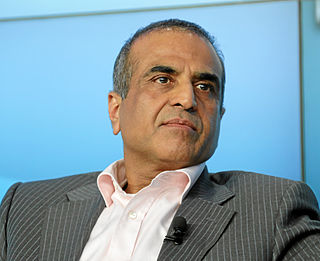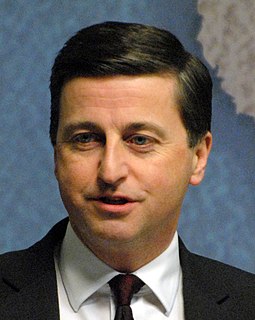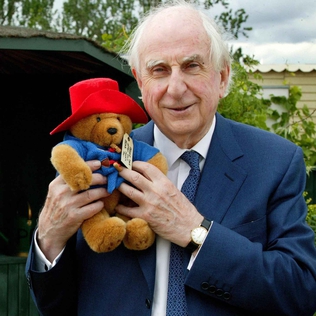A Quote by John Sununu
Not since the steam engine has any invention disrupted business models like the Internet. Whole industries including music distribution, yellow-pages directories, landline telephones, and fax machines have been radically reordered by the digital revolution.
Related Quotes
With the communication internet, whole industries have been disrupted. You're in the publishing industry, you understand that. Before, we had newspapers, magazines - now you're on the web. I'm in book publishing. I don't have to tell you what's happened to us. Television has taken a hit. The music industry. But, thousands of new businesses have emerged on this new communication revolution platform. Not just Google, Facebook, and Twitter. There are thousands of operations. Businesses that are doing the platforms, the apps. They're mining the big data. They're creating the connections.
People over the age of thirty were born before the digital revolution really started. We've learned to use digital technology-laptops, cameras, personal digital assistants, the Internet-as adults, and it has been something like learning a foreign language. Most of us are okay, and some are even expert. We do e-mails and PowerPoint, surf the Internet, and feel we're at the cutting edge. But compared to most people under thirty and certainly under twenty, we are fumbling amateurs. People of that age were born after the digital revolution began. They learned to speak digital as a mother tongue.
What I saw quite clearly in the '80s, before the internet, was that the whole world was shifting toward digital formats, and that didn't matter whether it's movies or writing or whatever. It was something that was coming. And with the invention of the World Wide Web in the early '90s, when we were teaching our first courses, or the arrival of the internet by way of the browser, which opened up the internet to everybody - soon it was just revolutionary.


































